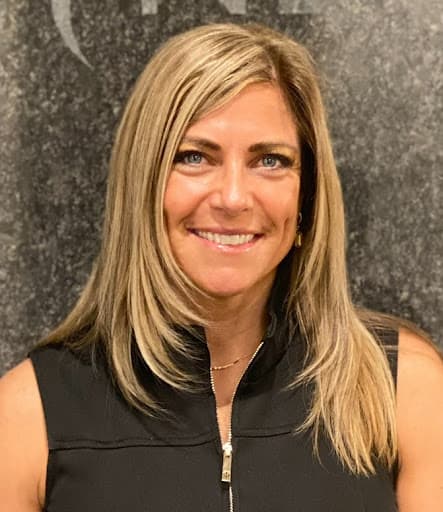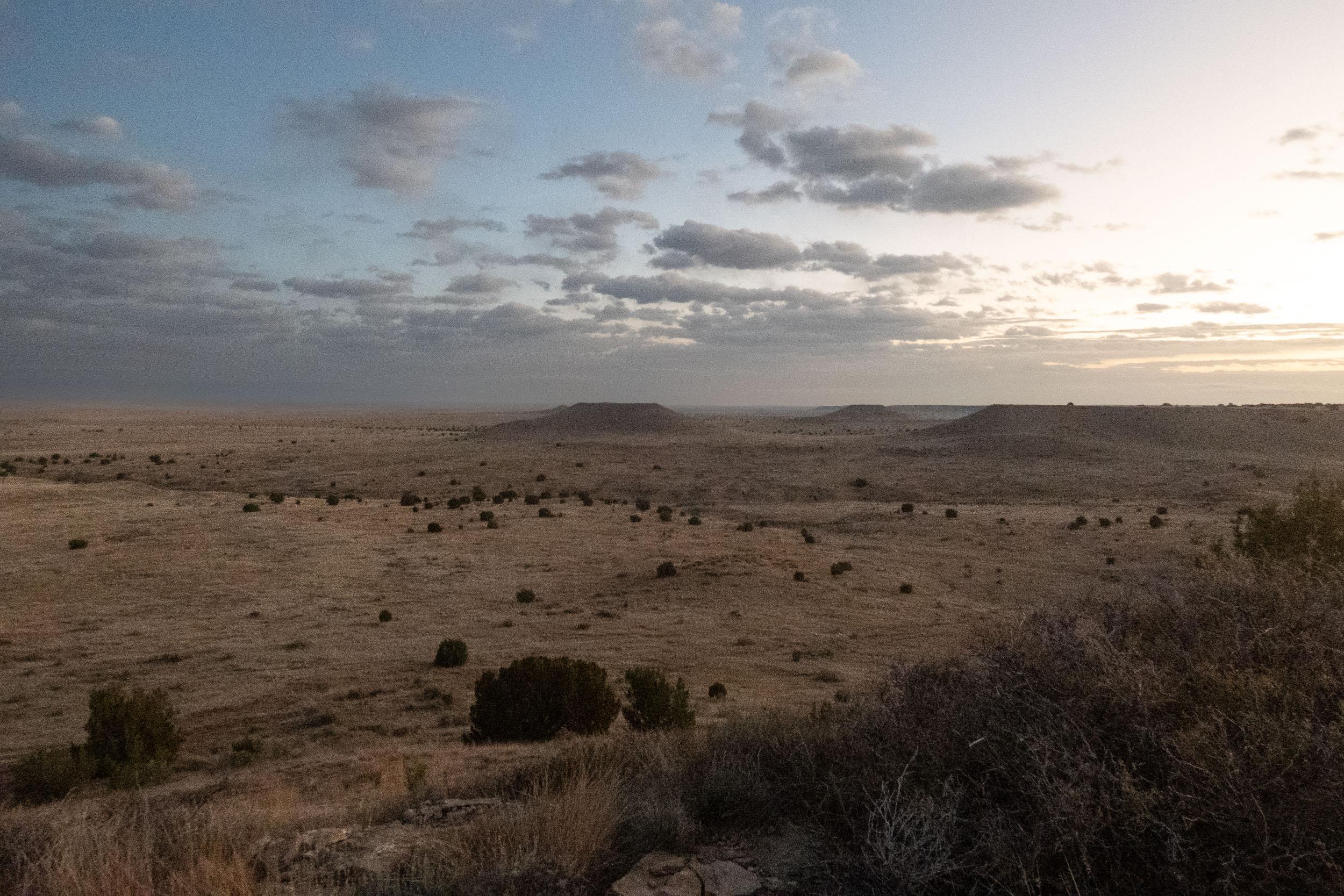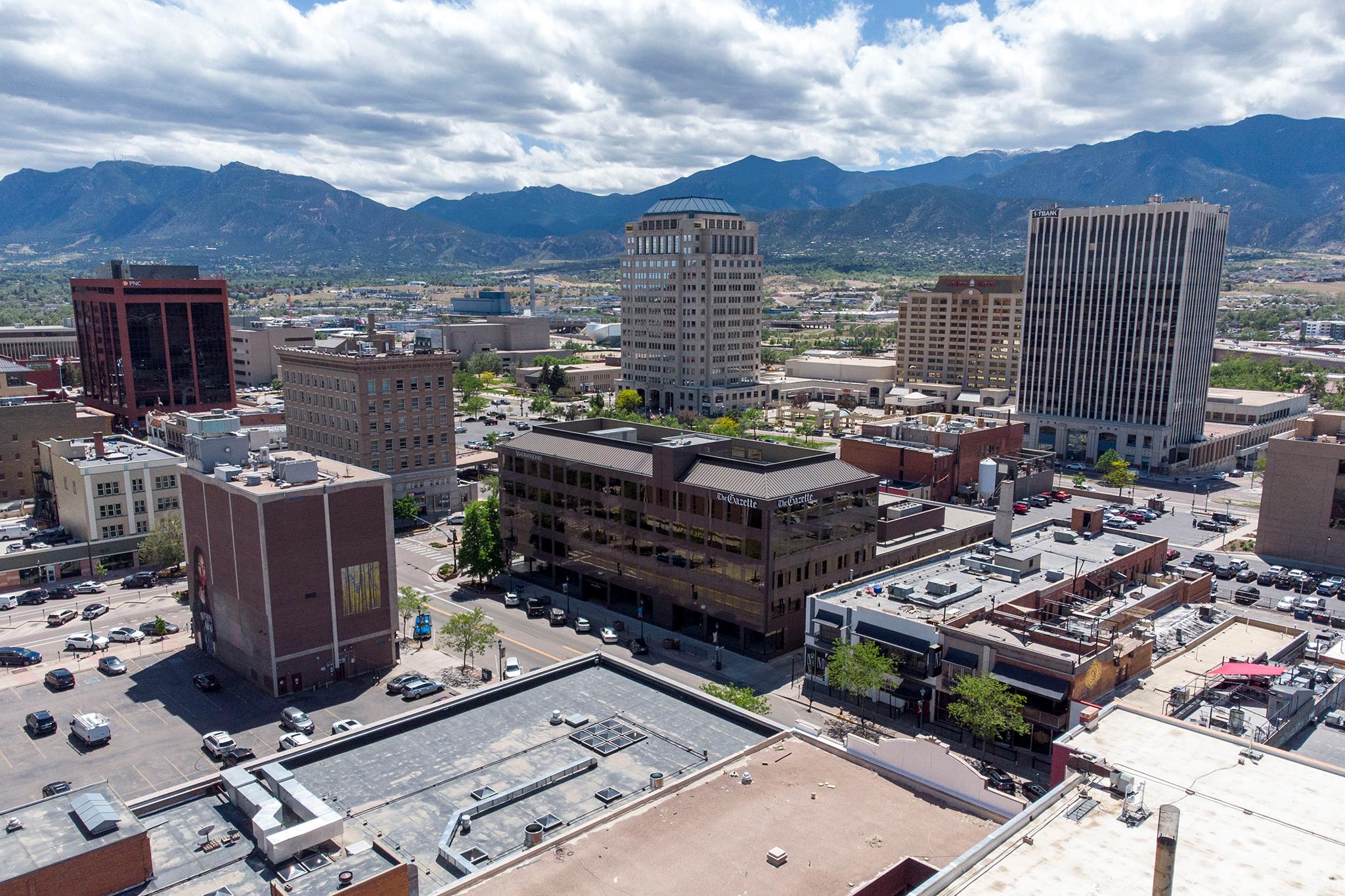This story is a part of Aging Matters, a series from Colorado Matters about the Centennial State's aging population. Read more stories here.
It used to be that as people got older, they would downsize. They’d sell a multi-bedroom, family-style house for something smaller and easier to care for. But that's changing. Many older people are staying put in those bigger houses.
The trend contributes to the housing crunch as younger families find it harder — and more expensive — to buy a bigger home.
One reason older people in Colorado are reluctant to move? Home prices have soared, and long-time owners face a looming capital gains tax.
“Let's say they purchased a home in the ‘70s when they came to Colorado. Now 50, 60 years later, the value of that house has just skyrocketed. And so what happens is that when folks sell their homes, they wind up paying a capital gains tax based on the value of what they purchased it for versus the value of the home now,” explained Kristine Burrows, the state’s Senior Specialist on Aging.
“And so it makes it really challenging to downsize, if you have to pay this big tax that you maybe weren't expecting when you bought your house 50 years ago,” she said
But the conundrum for many older people is that they need the equity in their homes to afford their everyday expenses, including healthcare.
“Many of our seniors are house rich but cash poor,” said Brandy Agnew, a financial advisor with Wealthwave in Centennial.
Sorting out the capital gains tax
Not everyone needs to worry about paying capital gains tax when they sell. That’s because there is an exemption of $250,000 for an individual, and $500,000 for a married couple.
“So for example, if you bought your home for $200,000 and you sell it for $600,000, a married couple wouldn't pay any capital gains tax on the $400,000 gain. And that's a powerful benefit that many seniors don't realize that they have,” Agnew said.

Still, nearly 60 percent of homeowners in Colorado have exceeded the exclusion for individuals, and 18 percent exceed the exclusion for married couples, according to the National Association of Realtors.
And it’s not just in the major metropolitan areas. The median home price in Salida, for example, is nearing $800,000. People who bought decades ago may have large gains.
In that case, Agnew said, you'll pay 15 to 20 percent on the amount that exceeds the exemption, depending on your income level, plus possibly a 3.8 percent Medicare tax.
For example, she said, if a married couple sells a house for a gain of $700,000, they get an exemption of $500,000 and the tax is applied to $200,000.
“At 20 percent that's a $40,000 tax consequence. And that can often surprise people when they see that,” she said.
Even with the tax bite, Agnew said it can still make sense to sell the home.
“Having the money will reduce stress. It's going to help them pay for their care, long-term care or a spouse's long-term care. Sometimes we can invest it conservatively so they never run out, or have a lifetime income,” she said.
“It's your money. So even after the tax, sometimes it's nice to have your hands on the liquid cash,” Agnew said.
Some important things to remember before selling your home
There’s an important requirement to getting the tax exemption: you have to have lived in the home for two of the past five years. If the house sits empty, or you rent it for more than three years, you lose the exemption.
“I always tell clients, if you're thinking of moving into assisted living, or with family, consider selling the home within two years to keep your tax benefits,” Agnew said.
Also, Agnew pointed out that major capital improvements can be added to your home’s basis when you sell, which can help reduce taxes. Examples include a new roof, upgrades to the furnace, kitchen or bathroom remodels, new windows, and even major plumbing or electrical upgrades.
“When you sell a home, your cost basis is what you paid plus improvements,” she said.
President Trump recently floated the idea of doing away with the capital gains tax on homes altogether.
What if you have a low mortgage rate?
Many people over 65 still have a mortgage, and some locked in rates at historic lows near 3 percent. Facing current rates twice that level, many people are reluctant to move.
Agnew is sympathetic.
“So we did get spoiled, and I will tell you 3 percent feels really golden right now, but if you're selling and buying again, you're entering a different mortgage environment,” she said.
“And I'll just say this as a caveat. In the ‘80s, we were paying 18 percent interest on homes and we still bought them. Granted the homes were a lot cheaper.”
One suggestion for older people who don’t want to borrow at higher rates is to consider renting for a time, and investing the money from a home sale to provide income for rent and other expenses. Renting also allows you to offload home maintenance to the landlord. And it means if you move to be close to your kids, and they move, you’re not tied down.
“So I think renting sometimes allows for flexibility as family needs change,” she said.
If you don’t want to sell but still need the money from your house
For older people who want to tap the equity in their homes but aren’t prepared to sell, Agnew said a reverse mortgage is a good option. She acknowledged that advice takes some getting used to.
“Reverse mortgages of the past had a bad name,” she said. “Typically you'd get in a reverse mortgage, and then everything went to the mortgage company and you would lose the home and the family would lose their inheritance.”
Better guidelines are in place now, she said.
“And so I would say a federally-insured HECM reverse mortgage, that helps you keep the ownership so you get to stay in your home. The caveat is you have to live there.”
HECM stands for Home Equity Conversion Mortgage, the most common type of reverse mortgage
Like all financial decisions, the choice to stay or downsize is personal, Agnew said. “What I would say is this: everybody's situation is different. You have to know your ‘why,’” she said. “What is the reason you need to downsize.”
| Whether you're aging yourself or caring for someone who is, what questions do you have? Email us at [email protected] or leave a voicemail at 303-871-9191 X 4480. |









